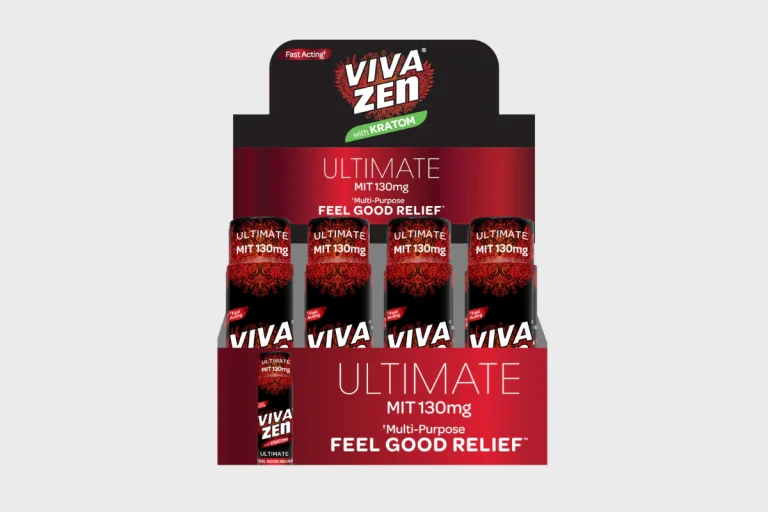Mobile gaming has grown quickly as creators keep stretching...
The number of mobile games has grown a lot...
The growing popularity and possible health advantages of kratom...
Stress and mental exhaustion have become common challenges. Many...
Casual players who want to have fun without having...
In the realm of contemporary gaming, rewards are quite...
Everyone needs a quick and enjoyable break from their...
Beyond seasonal trends, knit vests have evolved into a...
Honouring our relationship with our animal companions has never...
Video material is omnipresent in the fast-paced world of...
Excel formula generators are effective instruments that can computerize...
Executive protection is a complex field that demands individuals...
Various medications are available in the market that has...
The wonderful freebie you receive there will enable you...
Sending private e-mail entails concealing your IP address and...
In an increasingly dangerous world, private security companies are...
Every apartment suite, who have perceived a concurrence with...
Pet dogs are considered as the stress reliever to...
We all know that Delta 8 THC is similar...
Aside from its relaxing effects, marijuana is also known...
The word harry potter itself will captures everyone heart...
You’re Guide to the Perfect Loan For You Shopping...
Do you think you have hard water? Are you...
The demand for LED grow lights is creasing day...
There are few games in the world that managed...
Introduction The integration of holistic approaches in modern dentistry...
Introduction: Improved Wellbeing The connection between dental alignment and...
Introduction: The Subtle Art of Dental Aesthetics In the...
For worldwide investors wishing to increase their portfolios and...
In recent years, the use of orthodontic tools has...
Finding time to look for a house might seem...
















































